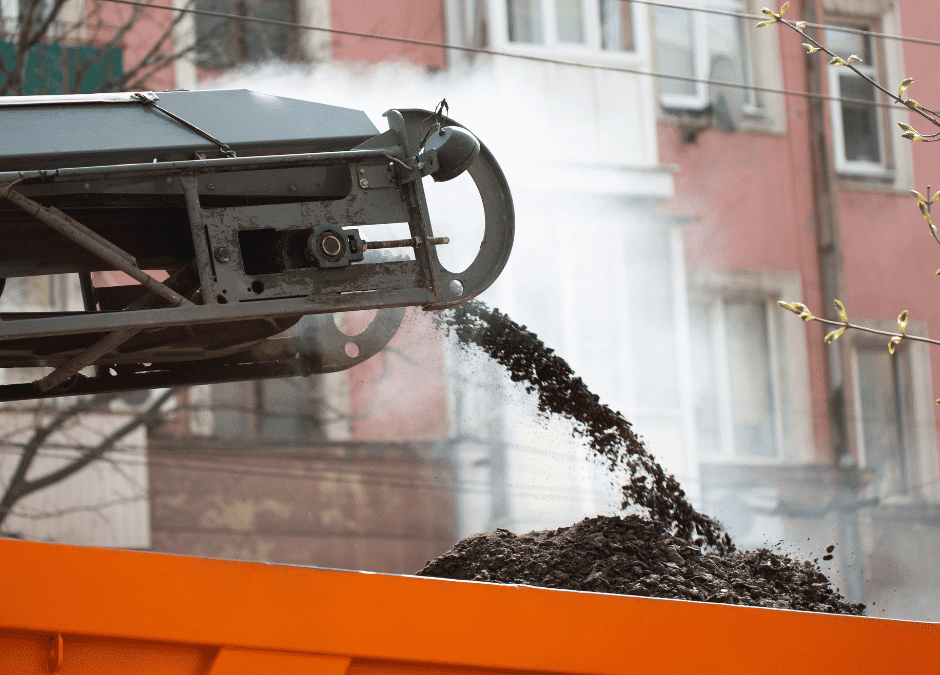
by Admin | Apr 24, 2024 | Asphalt Millings
Are you looking for a sustainable and cost-effective solution for your next paving project? In this blog post, we delve into the world of asphalt millings, an eco-friendly alternative to traditional paving methods. Discover how Jacksonville Gravel can help you source...


